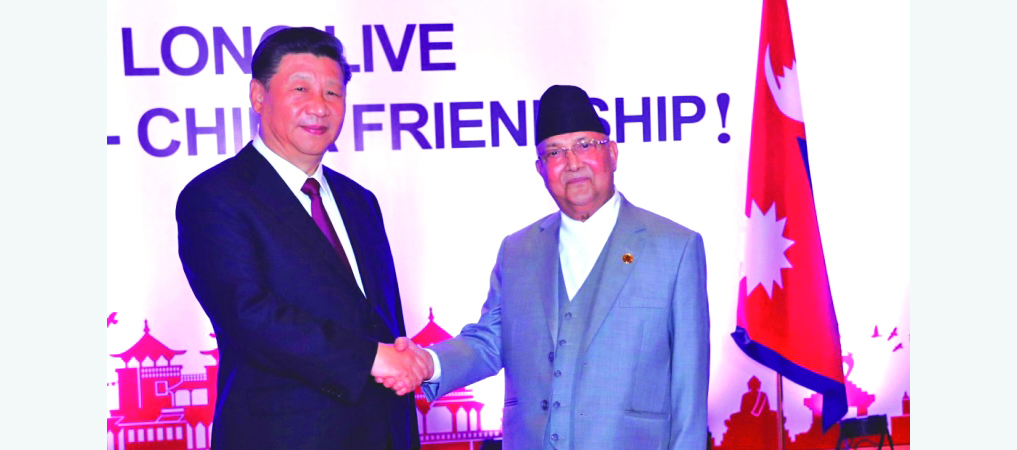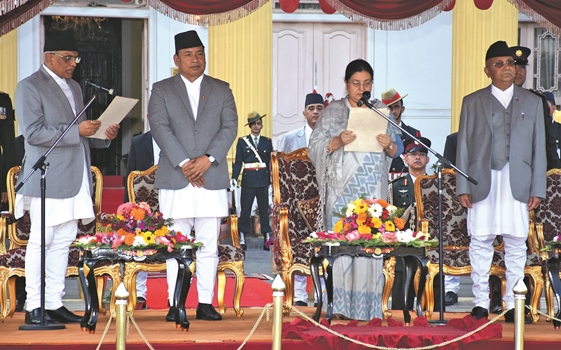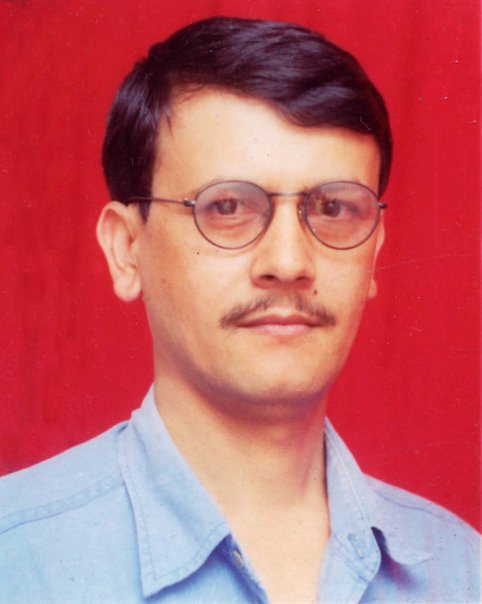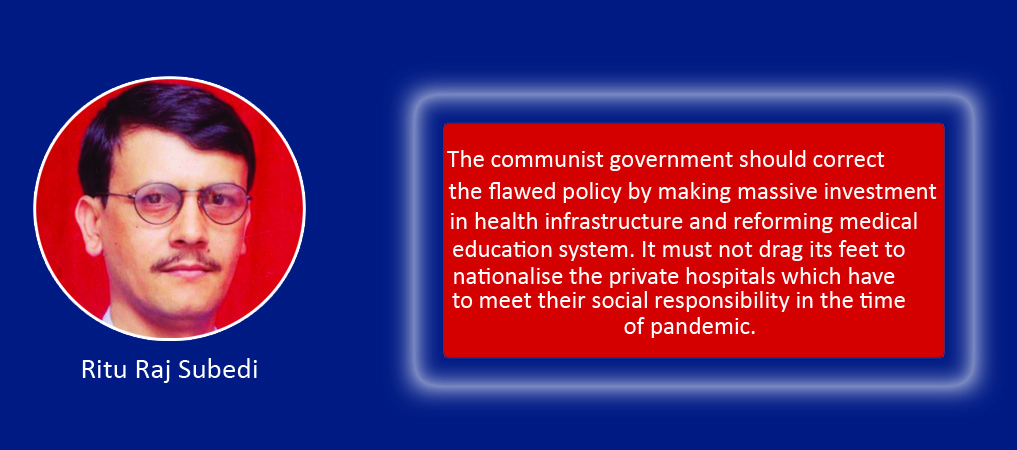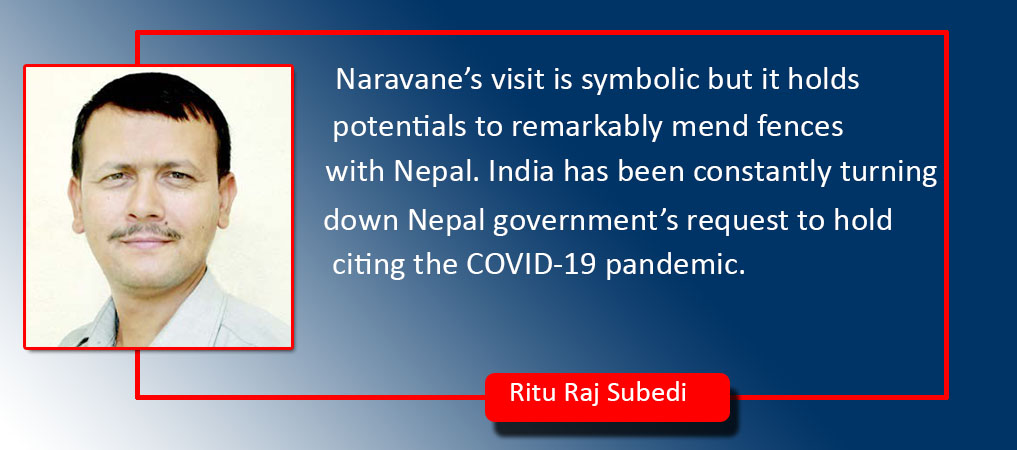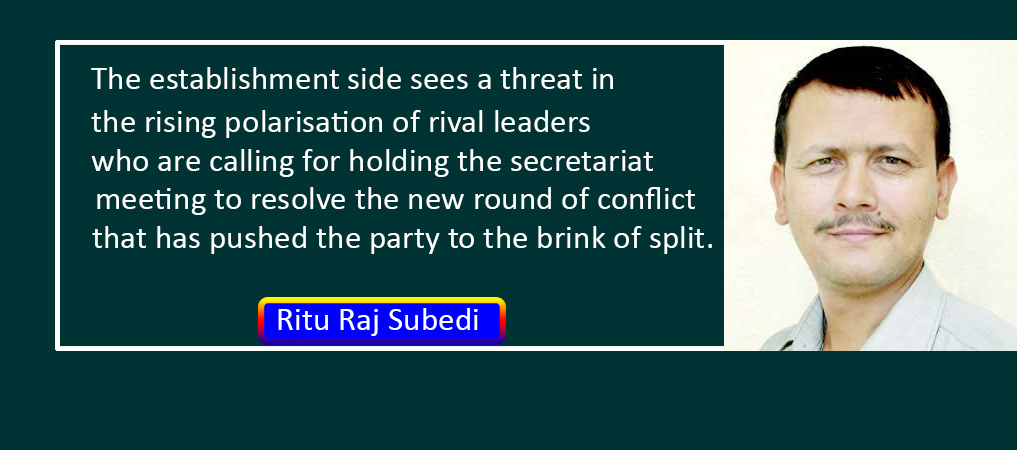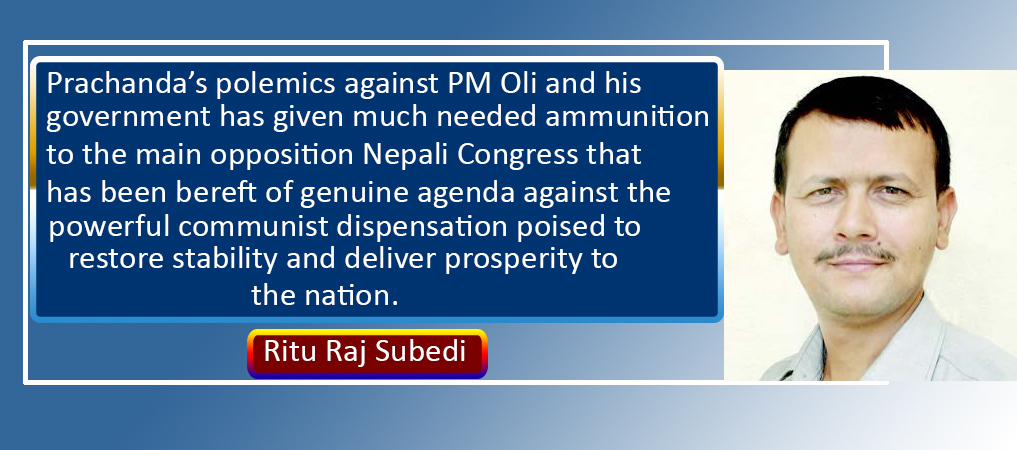SC’s Verdicts Enrich Constitution
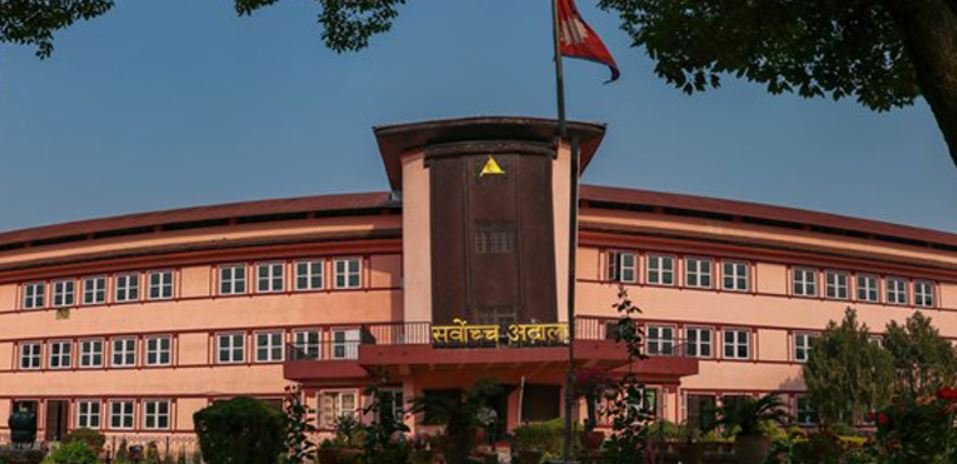
Ritu Raj Subedi
As w e mark the 6th anniversary of the promulgation of the constitution today, the nation's constitutional journey has already undergone unanticipated twists and turns. Despite the political dispute with regard to its intent and interpretations, Nepal sees evolving constitutionalism. As political parties fumble in dealing with a constitutional crisis, the judiciary has stepped up to the plate to set the political course, keeping the spirit of the constitution intact. The Supreme Court has played a courageous role in checking the democratic backsliding. The apex court has not only explained and clarified some ambiguous provisions of the statute but has also made it a dynamic document, ending the political turmoil and guiding society in a time of chaos and confusion.
When the House of Representatives (HoR) was dissolved twice in six months, the national charter was in the spotlight. The Lower House was dissolved two years before it completed its five-year tenure. The shocking move had shaken the public faith in the sustainability of the federal republic. In 2018, Nepal Communist Party (NCP) formed the government having a two-thirds majority in the parliament. The powerful government was supposed to sail smoothly, delivering stability, good governance and prosperity to the nation. As the government faltered and failed, the constitutional contradictions came to the fore. This indeed triggered a systemic crisis arisen out of irrational political adventurism.
Historic verdicts
Both supporters and opponents of the House dissolution cited the provisions of the constitution to justify their arguments. The validity of the constitution came under scrutiny. Former prime minister KP Sharma Oli claimed that the constitution gave him the privilege to dissolve the House under the parliamentary system. In December last year, Oli dissolved it in the wake of a nasty intra-party conflict. He suspected that his rivals within the party were going to remove him from the executive post. The ruling party suffered the worst bickering as Oli was accused of running the party in an authoritarian manner. However, it was wrong to ‘victimise’ the supreme elected body to scuttle the challenges posed by the party’s nemeses.
The SC’s historic verdict to reinstate dissolved HoR in February 2020 and July 12, 2021, marked a significant step in deepening constitutional democracy in Nepal. Both verdicts provided the correct interpretation of the constitution by asserting the supremacy of parliament. The court gave no loopholes in misinterpreting the national charter, which the self-centred politicians resort to for fulfilling their vested interests. The apex court has earned public trust for its role in preserving the sanctity of the statute. Both verdicts have positive implications for national politics.
The SC’s February verdict has put curbs on the power of the prime minister to dissolve the HoR on flimsy political grounds. A PM can dissolve the Lower House and announce fresh polls only when all options of government formation are exhausted. It has been stated that Nepal’s parliamentary system is original and distinct from the one practised in India or the UK owing to its mixed electoral system that promotes inclusive and participatory democracy. The SC put it on the line: the constitution does not provide the PM with an easy route to dissolve the House. The SC refused to buy the logic that the PM enjoys special rights to dissolve the sovereign people’s body.
In its July verdict, the SC interpreted Article 76(5) of the constitution, stating that the political parties represented in the parliament could not issue whips to the lawmakers who support the government formed under this provision. The lawmakers should be given the right to use their discretion and wisdom to save the parliament. The present coalition government, led by Sher Bahadur Deuba, was formed based on this verdict that has removed the constitution’s ambiguity as well as enriched its content.
Both verdicts have set a strong precedent that prevents future PMs from dissolving the parliament at their whim. It is a triumph of constitutionalism that binds the government to a set of laws governing the country. As per the principle of constitutionalism, ‘the government authority is derived from the people and should be limited by a constitution that clearly expresses what the government can and can't do, and its legitimacy depends on its observing these limitations.’
Grassroots democracy
Written by the elected Constituent Assembly in 2015, the constitution has converted Nepal into a secular and federal republic, ending the 240-year-long monarchy. It has incorporated the seismic political changes, expanding the scope of grassroots democracy and empowering the citizens. It has drawn up a blueprint of a socialist-oriented economy to usher the nation into a welfare state. The country has already undergone federal restructuring to devolve power, distribute resources among the three-tier of governments and enhance the participatory democracy.
In principle, the statute has promoted consensual politics to maintain harmony among the people of different castes, classes and cultural backgrounds. At the same time, its rights-oriented approach has spurred the disgruntled groups to pour their protests and anti-systemic grudges into the streets for justice, rights and opportunities in the state’s institutions. The constitution has spelt out 31 fundamental rights and four duties of the citizens, posing a challenge to strike a balance between them given the country’s scanty resources and dependence on foreign assistance for development.
However good a constitution may be, if the main political actors fail to embrace the constitutional culture and conduct, the constitution can hardly be a living document to deliver on its promises. The leadership must be sincere enough to implement it in letter and spirit. Constitution Day is a moment to ponder over the vision, goals and sanctity of the national charter. May the Day inspire the political parties to rise above narrow power politics and commit themselves to grand nation-building tasks.
(Deputy Executive Editor of The Rising Nepal, Subedi writes regularly on politics, foreign affairs and other contemporary issues. subedirituraj@yahoo.com)
Recent News

Do not make expressions casting dout on election: EC
14 Apr, 2022
CM Bhatta says may New Year 2079 BS inspire positive thinking
14 Apr, 2022
Three new cases, 44 recoveries in 24 hours
14 Apr, 2022
689 climbers of 84 teams so far acquire permits for climbing various peaks this spring season
14 Apr, 2022
How the rising cost of living crisis is impacting Nepal
14 Apr, 2022
US military confirms an interstellar meteor collided with Earth
14 Apr, 2022
Valneva Covid vaccine approved for use in UK
14 Apr, 2022
Chair Prachanda highlights need of unity among Maoist, Communist forces
14 Apr, 2022
Ranbir Kapoor and Alia Bhatt: Bollywood toasts star couple on wedding
14 Apr, 2022
President Bhandari confers decorations (Photo Feature)
14 Apr, 2022



